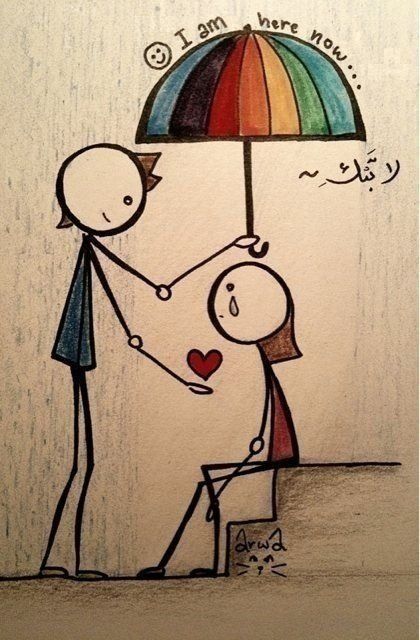An old Irish proverb says, “It is in the shelter of each other that the people live.“ A direct translation renders the original Gaelic: “We live in each other’s shadow”.
The Gaelic word “shadow” – like many English words – carries multiple meanings. Included are: Shadow, Shade, and Shelter. Even as the proverb evokes every person’s hope for healthy intimacy, it points to its challenge.
Every person longs to be acknowledged and recognized as a person of value. The gift we give each other is the opportunity to share one another’s “shade”, to find shelter in one other’s word of encouragement, affirmation, and blessing.
This is the hope of healthy intimacy.
The hope of healthy intimacy, however, carries with it the responsibility to journey with that part of one’s partner that is difficult – their “shadow side”. In these the most challenging moments of our relationship, we experience the growth that draws us closer.
The paradox of healthy intimacy is that in the very shadow of our partner we can find shelter.
Intimacy fails exactly at that point where it holds the most promise. When a difficult moment comes, anxiety overwhelms us. We choose one of two options.
First, we may make the unconscious choice to control or dominate the other person. Our domination may come with a smile and even gentle words. It may not be physically or event verbally violent though it is always emotionally violent.
We believe our perception of the situation is most accurate. We have great confidence in our own ideas. We assume the other shares – or should share — our unique point of view. When they don’t, we assume – unconsciously of course – that the other is obstinate, uncaring, or dismissive of what we value. Our response is to pump up the volume and enforce our will.
The second option is to make the unconscious choice to run away. Rarely do we put physical distance between us and our partner. The distance is emotional. We abandon the relationship in a choice to seek security in ourselves.
We remove our most vulnerable selves from the situation to avoid the discomfort of conflict and what we come to experience as the loss of ourselves in relationship with our partner. We present a false face as security against the risk of domination.
Rather than find shelter in our partner’s shadow, we fear it.
The pursuit of healthy intimacy in not easy. It is, however, well worth the effort to learn the skills that will transform our relationship into a place of shelter as we journey together through all the challenges of this life.

